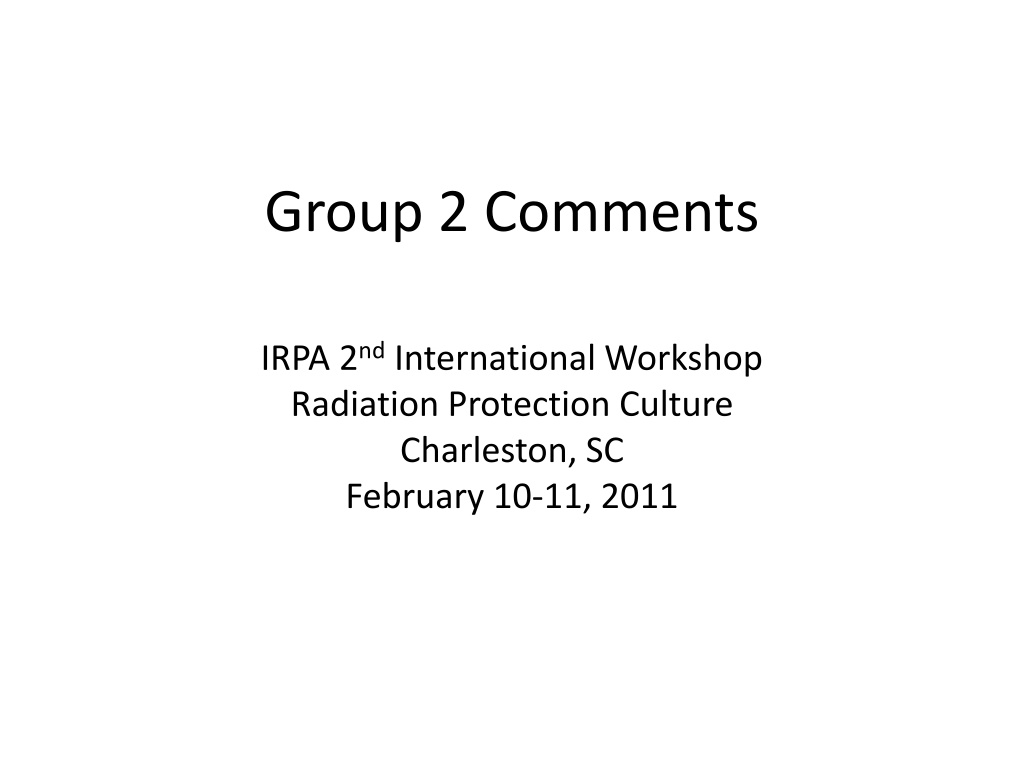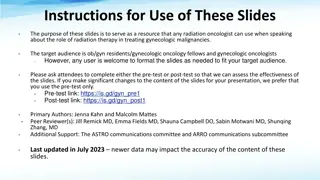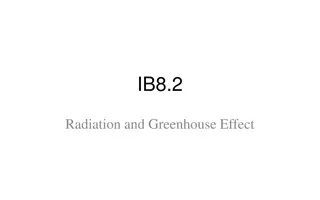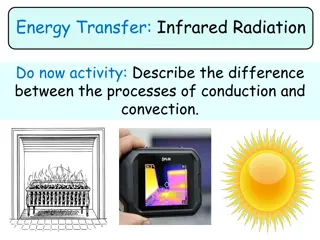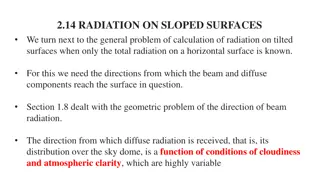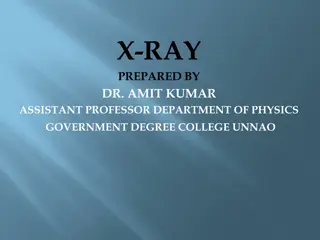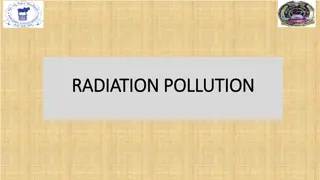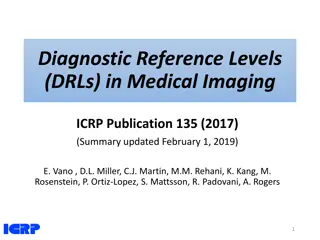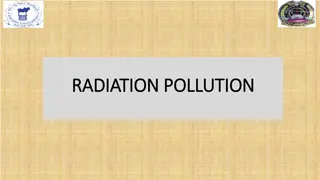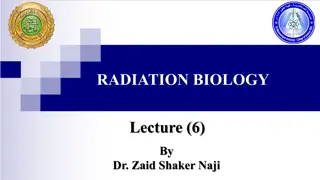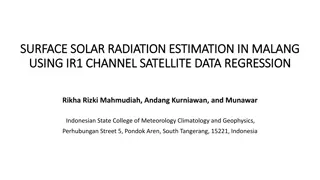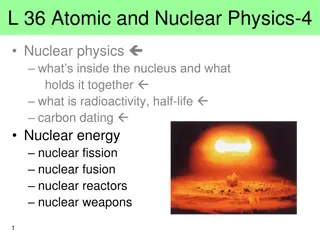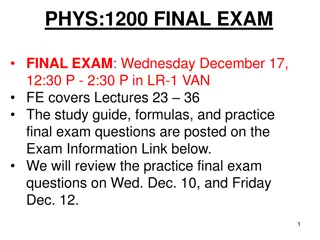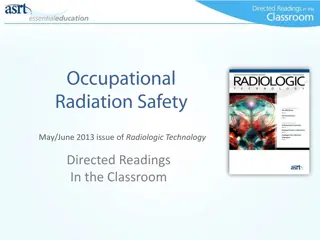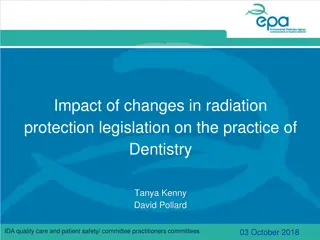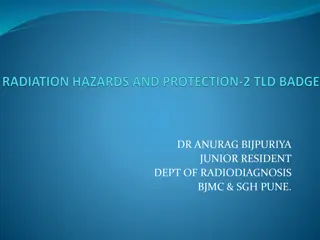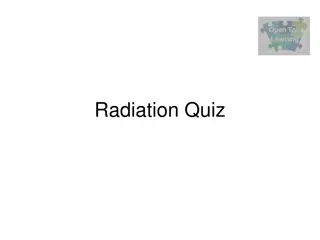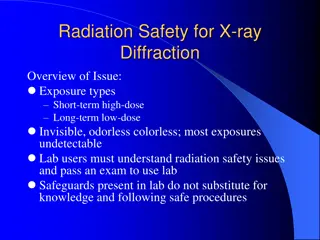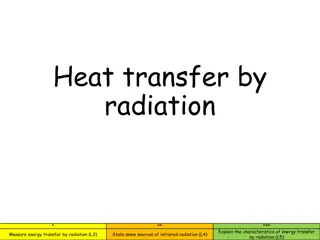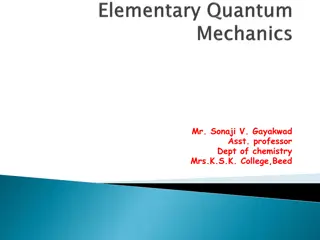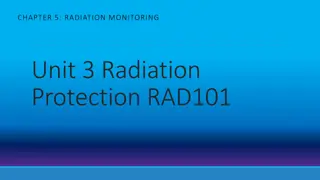Insights from IRPA Workshop on Radiation Protection Culture
Reviewing the NRC proposed safety culture traits, this workshop emphasized continuous learning, personal accountability, and effective communication as key aspects for cultivating a robust radiation protection culture. Criteria for success and stakeholder engagement were discussed, highlighting the role of RP professionals and professional societies in fostering dialogue and sharing information within the industry.
Download Presentation

Please find below an Image/Link to download the presentation.
The content on the website is provided AS IS for your information and personal use only. It may not be sold, licensed, or shared on other websites without obtaining consent from the author. Download presentation by click this link. If you encounter any issues during the download, it is possible that the publisher has removed the file from their server.
E N D
Presentation Transcript
Group 2 Comments IRPA 2ndInternational Workshop Radiation Protection Culture Charleston, SC February 10-11, 2011
Review of the NRC Proposed Safety Culture Traits Agrees that the nine proposed safety culture traits are reflective of the general principles for RP Culture regardless of the industry they would be applied, however additional clarification should be included for three of the traits
Additional Comments on 3 Traits Continuous Learning - Is not only for you as an individual but that it is your responsibility to impart that knowledge learned in a 360 degree manner Personal Accountability means to yourself and others that you interact with Key to Effective Communication and Continuous Learning is the need to establish a common language for the industrial setting where you practice and the geographic area you are located
Question 2: Criteria for Success and Assessing RP Culture Documentation Use of appropriateness criteria or operating procedures Non-punitive reporting system Establishment of lessons learned, root cause analysis Measurement of understanding of the equipment needed
Question 3: Engaging Stakeholders Strong leadership Motivation Mentor programs Training and education Constant access ability for the facility to have access to all the information necessary for the job functionality and performance Inclusive collaboration
Question 4: Role of RP Professionals and Professional Societies IRPA Guidance should: Be developed such that the member societies can adapt the overall guidance in their system Include examples by application Use commonly understood terminology Be embraced by the leadership of the member societies
Question 4: Role of Professional Societies Building consensus Provide and environment that promotes dialogue, and disseminates information among its members companies (private and public) and society as a whole. The societies must participate in all events related with the use of ionizing radiation. Promote the understanding of radiation protection in all levels of education Assist with educating the layperson (public) in the uses of radiation and radiation protection.
Question 4: RP Professionals Embrace RP Culture Should seek out the latest information relevant to radiation protection Lead by example Disseminate information to colleagues
